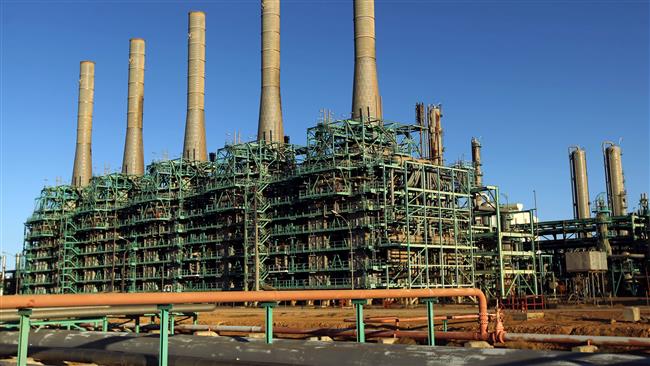Cairo- Civil war broke out Monday in Libya’s Oil Crescent Region after the Libyan National Army (LNA) accused armed militias of participating in battles staged by Benghazi Defense Brigade (BDB) and other militias supporting the Government of National Accord, backed by the UN.
LNA warplanes carried out new raids on Monday and announced mobilizing its land forces in its attempt to restore control over two of the biggest oil terminals in the country — Libyan Military Commander Khalifa Haftar announced staging a huge operation on the land and air levels to force out what he called “aggressive gangs” in the Oil Crescent Region.
Chief of the Petroleum Facilities Guard (PFG) of the Presidential Council Brigadier General Edriss Bukhamada said their forces will take control over the oil terminals and facilities in the coming two days to secure the oil facilities.
Spokesperson of Dignity Operation Ahmed Al-Mismari said that the air force conducted a successful operation and everything is under control.
BDB Leader Brigadier Mustafa al-Sharkasi defended the operation conducted by BDB, claiming that it aimed at returning immigrants to their city Benghazi, east the country. In his news conference, Sharkasi unveiled BDB potentials to drop the army warplanes.
In the same context, Qatar’s Ministry of Foreign Affairs denied accusations of being involved in the ongoing conflict in the Oil Crescent Region. A Qatari official said: “Some parties are hurdling attempts to reach a peaceful solution of the Libyan crisis for the sake of achieving military gains.”
The source affirmed that Qatar was at the forefront among countries that showed solidarity with the Libyan people since the revolution in January 2011 – it also supported outcomes of the Libyan Political Agreement among conflict parties in Libya.
On the other side, the Egyptian Committee on Libya asserted in a statement that the political solution is the only way out of the current crisis.
